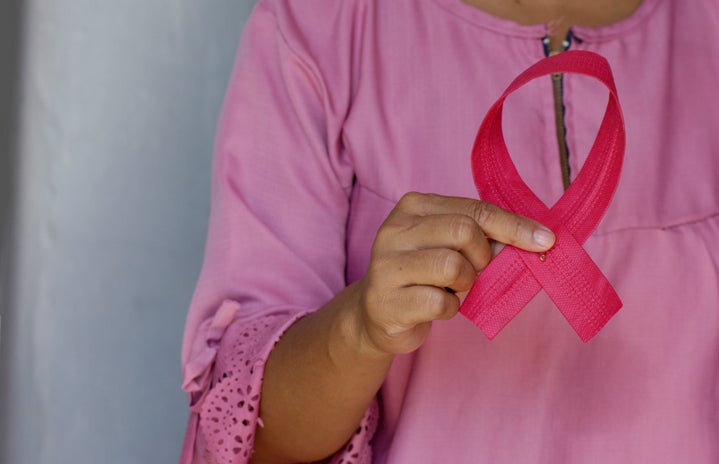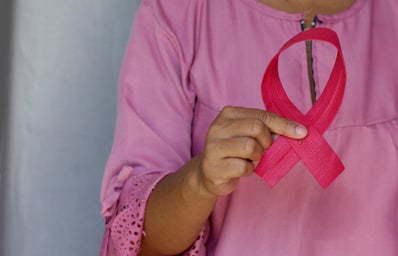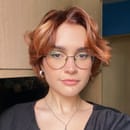You’ve probably heard about Pink October. The movement consists of an entire month dedicated to breast cancer awareness and prevention. Several campaigns are carried out by activists, brands and ordinary people mainly through social networks. It emerged in the 90s in the U.S. with the increase in the incidence of the disease as a way of teaching the population and encouraging the practice of self-examination. To this day we witness several mobilizations during the month of October using the color pink. Because it is a movement that happens every year, sometimes we forget about the importance of the topic for women and society.
Breast cancer is a disease that affects mostly women and is an uncontrolled growth of breast cells. As the majority of cancers this one also has different levels and different types, some of them are: Ductal Carcinoma in Situ (DCIS), Invasive (ILC or IDC), Triple-negative, Inflammatory, Paget disease of the breast, Angiosarcoma and Phyllodes tumor. According to “Breast Cancer Organization” about 13% (one in eight) of American women are going to develop invasive breast cancer in the course of their life. We all know that this information can be terrifying, but that’s exactly why it is so important to talk about this illness and make sure we are always taking care of ourselves and women around us.
Elaine Travizzanutto, a financial market superintendent, mother and wife who won breast cancer treatment, told us a little about her experience. “When I was diagnosed I didn’t believe it and at the same time I already knew. When I got the confirmation I was just afraid of not seeing my daughter grow up.” The touching story of one of several women who have or have had contact with the disease always serves as a warning to young girls. However, Elaine also reiterates that, despite the relevance of the disease and the importance of self-examination, “this can’t be some kind of paranoia in anyone’s life, there’s no point in filling yourself with worries that are beyond your control”.
How important is self-examination?
Self-examination helps to detect palpable lumps in the breasts, but since not all lumps are necessarily cancerous, it does not replace mammography or ultrasound. It helps to monitor abnormalities in the breasts and it is important for a greater knowledge about one’s own body.
As mentioned by Elaine, this does not need to become one more paranoia in women’s lives. In the case of those who have a family history of the disease, it is recommended to start touching themselves after the age of 20; for those who do not have any cases, it is advised to start at the age of 40. It can be performed once a month, between the third and fifth day after menstruation – when the breasts are more flaccid and painless – and for those who no longer menstruate, it is recommended that they choose a fixed date for this.
For the correct performance, it is important to do it in three different moments: in front of the mirror, standing (preferably in the shower), and lying down. In the first moment, when looking in the mirror, you must observe the breasts with the arms aligned with the body, followed by them raised, and finally with the hands resting on the pelvis region. It is indicated to evaluate the size, shape and color of the breasts, as well as any swelling, protrusions or roughness.
Then whether standing – in the bath – or lying down, the same order of movements needs to be followed. You should raise your left arm, placing your hand behind your head and touch the left breast with your right hand, using your fingers to make circular movements and movements from top to bottom all over the breast. Finally, you should gently press the nipples, looking for the exit of any fluid. The same sequence should be performed on the right breast.
Elaine discovered the disease through self-examination, reminding us once again of its effectiveness in helping to save lives. She also emphasizes that “it never hurts to look at yourself, touch yourself and take care”.
Femininity and help
Due to the treatments resulting from the discovery of breast cancer, such as chemotherapy and radiotherapy, it is frequent that the woman’s hair, such as eyelashes and eyebrows, fall out. In addition, in some cases it is necessary to perform a mastectomy – followed or not by breast reconstruction or prosthesis placement –, as well as the removal of the lump.
In these moments, it is understood that femininity can become an issue, in face of so many bodily changes and emotional impacts. Elaine, at this moment, showed herself more confident and supported, “I received a lot of support from my husband about my body, so it was easier. My focus was 100% on my health, not on aesthetics.”
To help women at this moment, many NGOs and institutions receive hair donations for the making of wigs. The ideal is that the lock of hair that will be donated should be between 15 and 20 cm long, since during the process about five centimeters are lost. Below we list some institutions in the city of São Paulo that receive donations for breast cancer:
- Rapunzel Solidária (in the Pinheiros neighborhood, West Side);
- Américas Amigas (in the Jardim Paulista neighborhood, West Side);
- Protea Institute (in the Pinheiros neighborhood, West Side);
- Amor em Mechas Institute (in the Barra Funda neighborhood, West Side);
———————————————
The article above was edited by Ana Beatriz Aith.
Liked this type of content? Check out Her Campus Casper Libero for more!



